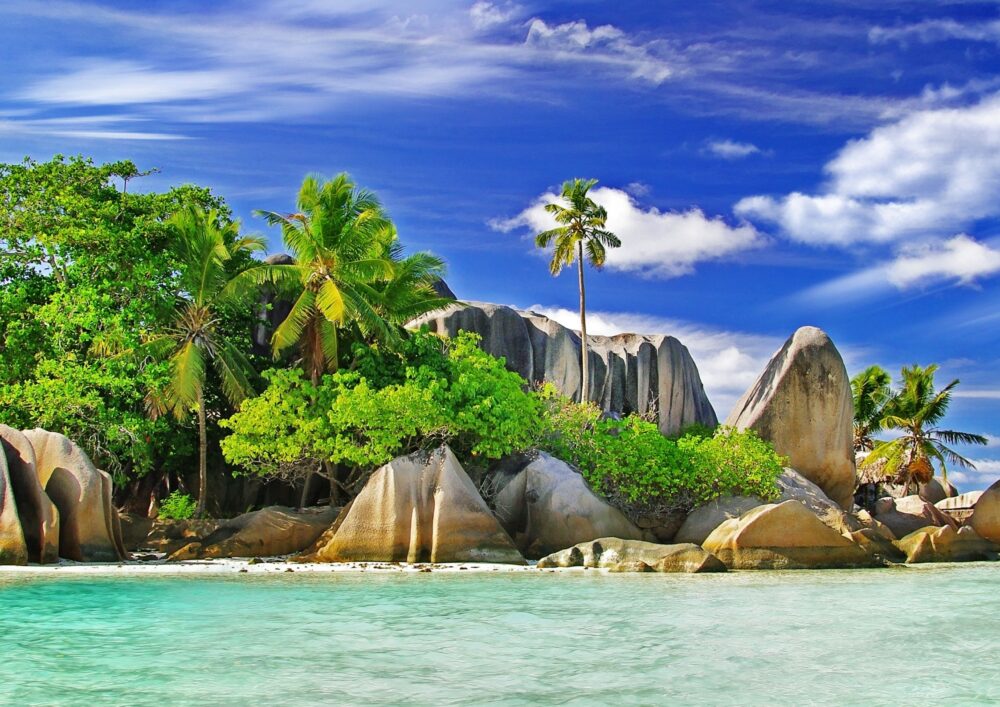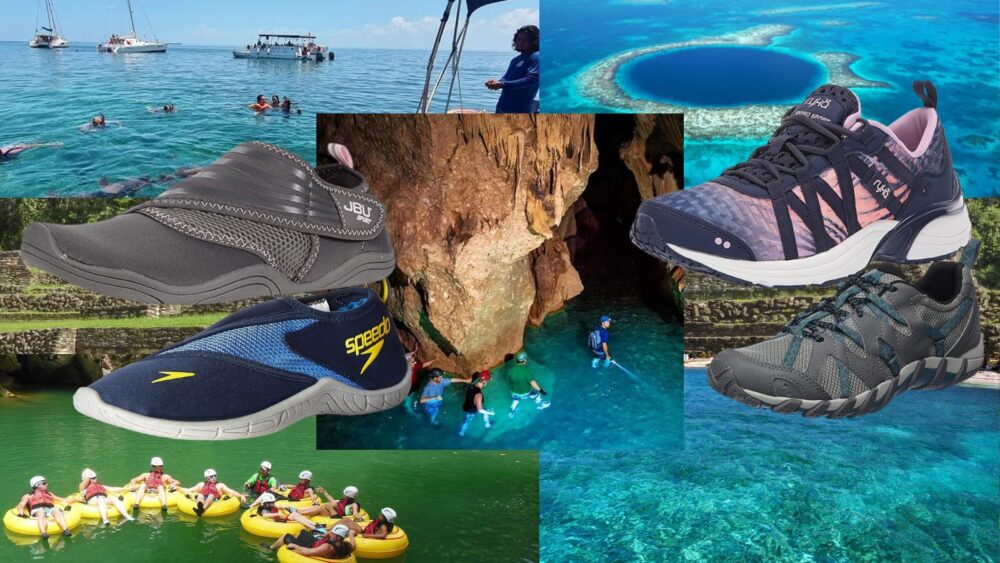Why Beaches Are Important – Not Just for Selfies and Sunburns
Why beaches are important might sound like one of those philosophical questions you only ponder while watching a sunset and holding a coconut drink you didn’t actually like. But believe it or not, there’s more at stake than your tan lines and questionable swimwear choices.
Sure, beaches are where flip-flops go to die and sunscreen gets tested to its limits, but their importance goes way beyond being the world’s largest outdoor lounge. From shielding cities to housing entire ecosystems, beaches are unsung heroes of our planet.
So, let’s answer the question directly, right here:
Why Are Beaches Important?
Beaches are important because they:
- Protect coastlines from erosion and natural disasters
- Support rich biodiversity and marine life
- Drive tourism and stimulate local economies
- Offer recreational, cultural, and mental health value
- Serve as key environments for education and climate regulation
That’s not just sand and waves – it’s environmental engineering, natural heritage, and ecological necessity all in one sunny package.
Now let’s unpack those reasons deeply and colorfully.
1. Natural Shields: Beaches as Coastal Protectors
Beaches are Mother Nature’s frontline defense against the ocean’s mighty mood swings.
During storms and hurricanes, beaches absorb wave energy, reducing the destructive impact on inland areas. Sand dunes – often underestimated – act like natural levees, buffering coastlines from rising tides and heavy winds.
➡️ According to NOAA, over 40% of the U.S. population lives in coastal counties, making beaches a critical barrier between people and disaster. Without them, cities like Miami or New York would be even more vulnerable to flooding.
Beaches don’t just sit pretty – they work overtime as unsalaried civil engineers.
2. The Biodiversity Bonanza
If you thought the only wildlife on beaches was seagulls trying to steal your chips, think again.
Beaches are dynamic ecosystems teeming with life. Sea turtles use beaches to lay their eggs. Shorebirds nest in dunes. Crabs, clams, and other intertidal species thrive in the wet sands. Mangroves and dune grasses help anchor the ecosystem.
Even microscopic organisms in beach sands contribute to nutrient cycling and help maintain water quality. It’s an invisible web of life under every step you take.
So next time you accidentally step on a jellyfish, remember – it’s not just your turf.
3. Economic Powerhouses in Flip-Flops
Beaches aren’t just beautiful – they’re big business.
Global beach tourism contributes billions to local economies. In fact, according to the World Travel & Tourism Council, tourism accounts for 10% of global GDP, and beach destinations lead the charge.
From food vendors and surf instructors to hotels and souvenir shops, beaches create entire employment ecosystems. And yes, they’re also why there’s a 2-hour line for shaved ice.
It’s no surprise people Google “Belize Beach“ as a dream destination – because beaches like those boost not only hearts but national income.
4. Mental, Social, and Cultural Benefits
Ever wonder why sitting by the ocean makes you feel like a philosopher who suddenly has life figured out?
Beaches have been proven to improve mental health, lower cortisol levels, and help with stress and depression. There’s even a term for it: “blue space therapy.”
Plus, beaches are social spaces where we:
- Celebrate weddings
- Host bonfires
- Create family memories
- Read novels we pretend to finish
Culturally, beaches appear in rituals, poetry, and countless paintings. They’re where we connect with each other and disconnect from chaos.
5. Climate Regulation Station
While not often in the spotlight, beaches and the ecosystems near them play a significant role in climate regulation.
Beaches are often flanked by wetlands, mangroves, and dunes. These habitats act as carbon sinks, capturing CO2 and reducing its impact on the atmosphere. Dune vegetation, in particular, stabilizes sands and prevents desertification of coastal zones.
They might not be shouting it from the shore, but beaches are low-key climate warriors.
6. Hands-On Classrooms for Science and Discovery
For students, researchers, and curious kids building sand volcanoes, beaches are more than fun – they’re interactive classrooms.
Scientists study:
- Coastal erosion
- Marine life migration
- Plastic pollution patterns
- Ocean temperature trends
Geologists and biologists alike use beaches to analyze how Earth is changing in real-time.
Your beach selfie may disappear after 24 hours, but the data gathered from those sands lasts decades.

The Ongoing Battle: Pollution, Erosion, and Overcrowding
Here’s the ugly side: we’re not treating beaches well.
Over 8 million tons of plastic enter oceans annually, much of it washing up on beaches. Rising sea levels caused by climate change are literally swallowing shorelines. And unchecked tourism leads to habitat destruction and littering.
Erosion is eating away at beaches globally. In some places, like the Maldives or parts of Louisiana, land is vanishing faster than governments can respond.
That’s why conservation efforts and sustainable tourism practices are more important than ever. (Yes, this is your sign to ditch that plastic water bottle and invest in one of the best water bottles for beach trips instead.)
What You Can Do to Protect Beaches
You don’t need a Ph.D. in marine science to make a difference.
Here are a few expert-backed actions you can take:
- Use reef-safe sunscreen (chemicals in regular ones harm marine life)
- Avoid littering – obviously
- Support beach cleanups and organizations
- Pack eco-friendly gear (like the best summer bags for the beach made from recycled materials)
- Be mindful of nesting signs and protected zones
Oh, and before you go all “beach mode,” remember: knowing what to pack in a beach bag isn’t just about snacks and towels – include reusable items to reduce waste.
How to Keep Your Beach Visit Safe and Respectful

Aside from not feeding the seagulls (trust us), you should also know how to keep your bag safe at the beach. Theft at beaches isn’t uncommon, especially in tourist-heavy areas.
Simple hacks:
- Use anti-theft beach bags
- Bury valuables inside a diaper (gross, but effective)
- Use waterproof phone pouches that strap to your body
Protecting your stuff is part of respecting the beach – because leaving behind lost electronics or broken glass pollutes the environment too.
Celebrate the Beauty – But Leave No Trace
Lastly, beaches are beautiful. They deserve better than to be reduced to tourist traps or trash bins.
Whether it’s the most beautiful beaches in the world – like Seychelles, Maldives, or Santorini – or your local hidden gem, they all play a role in keeping our Earth livable, lovable, and Instagrammable.
The Bottom Line on Why Beaches Are Important
So let’s bring it home.
Why beaches are important isn’t just a question about vacation spots. It’s a doorway into understanding:
- How nature protects us
- How ecosystems thrive
- How humans benefit emotionally, economically, and culturally
- And how we must become better stewards of what’s left
Beaches give so much and ask for so little – maybe just a little more care, a little less litter, and yes… fewer TikTok dances in the tide pools.



